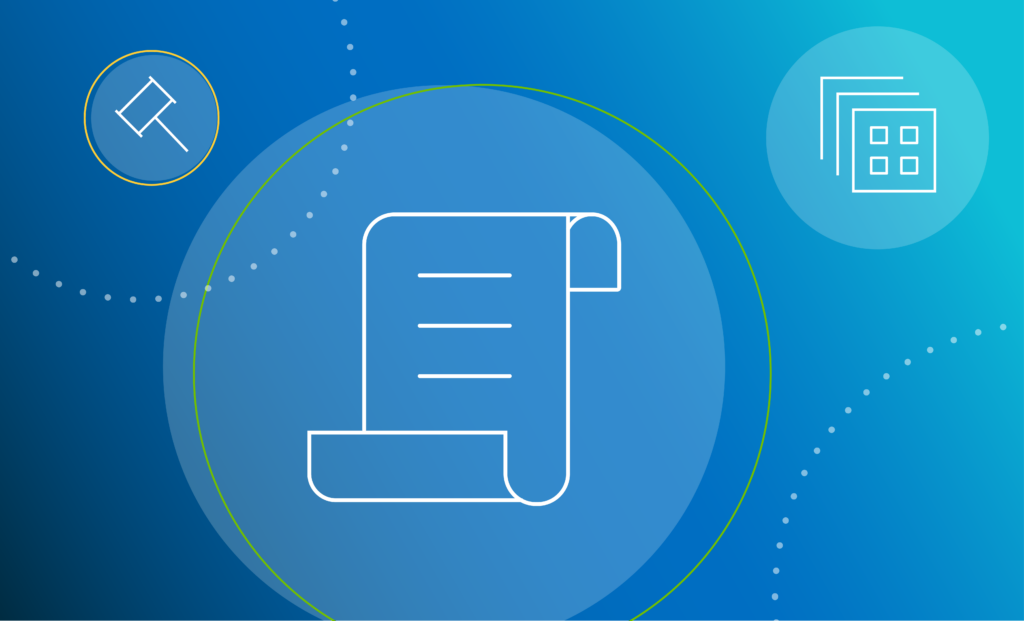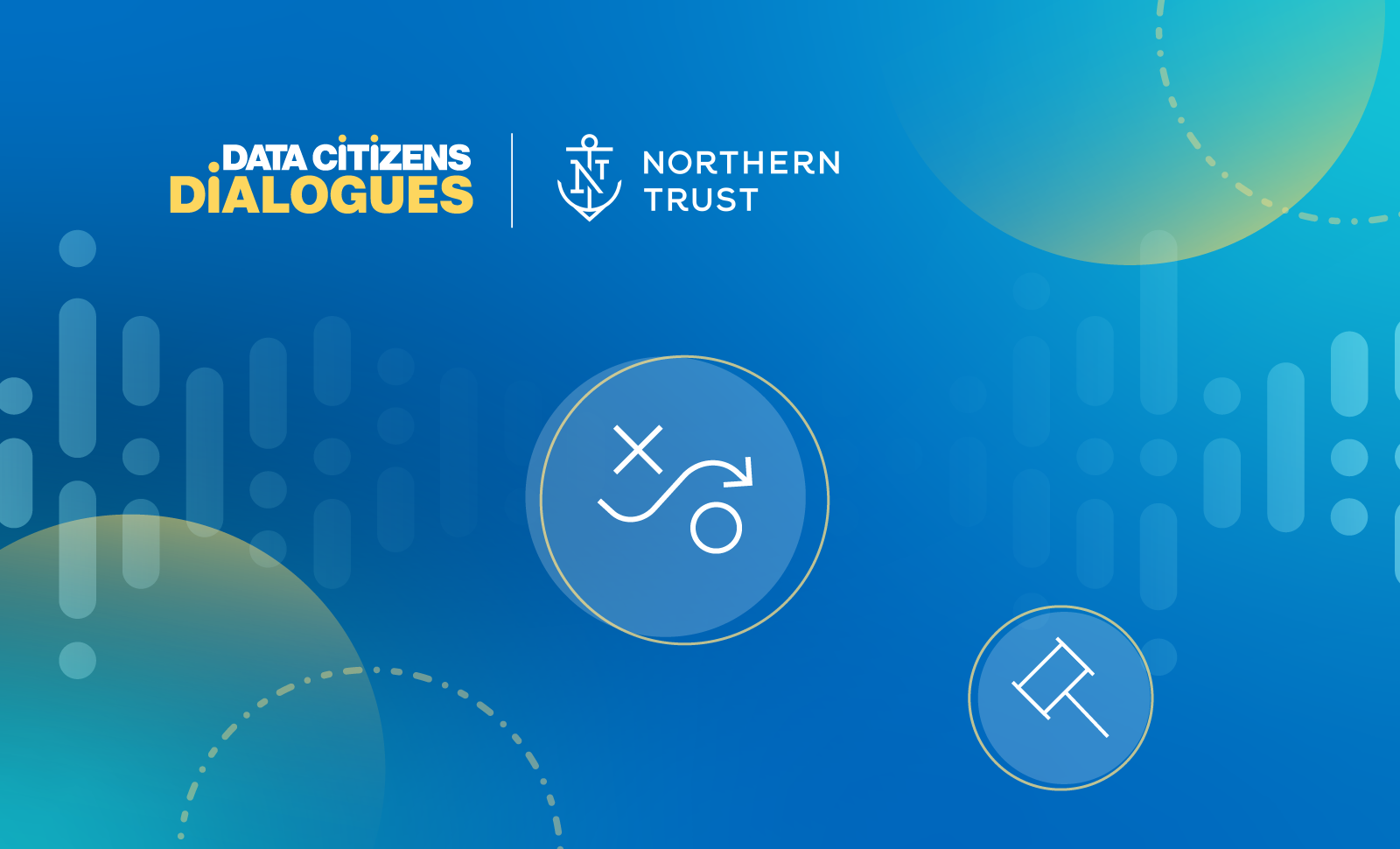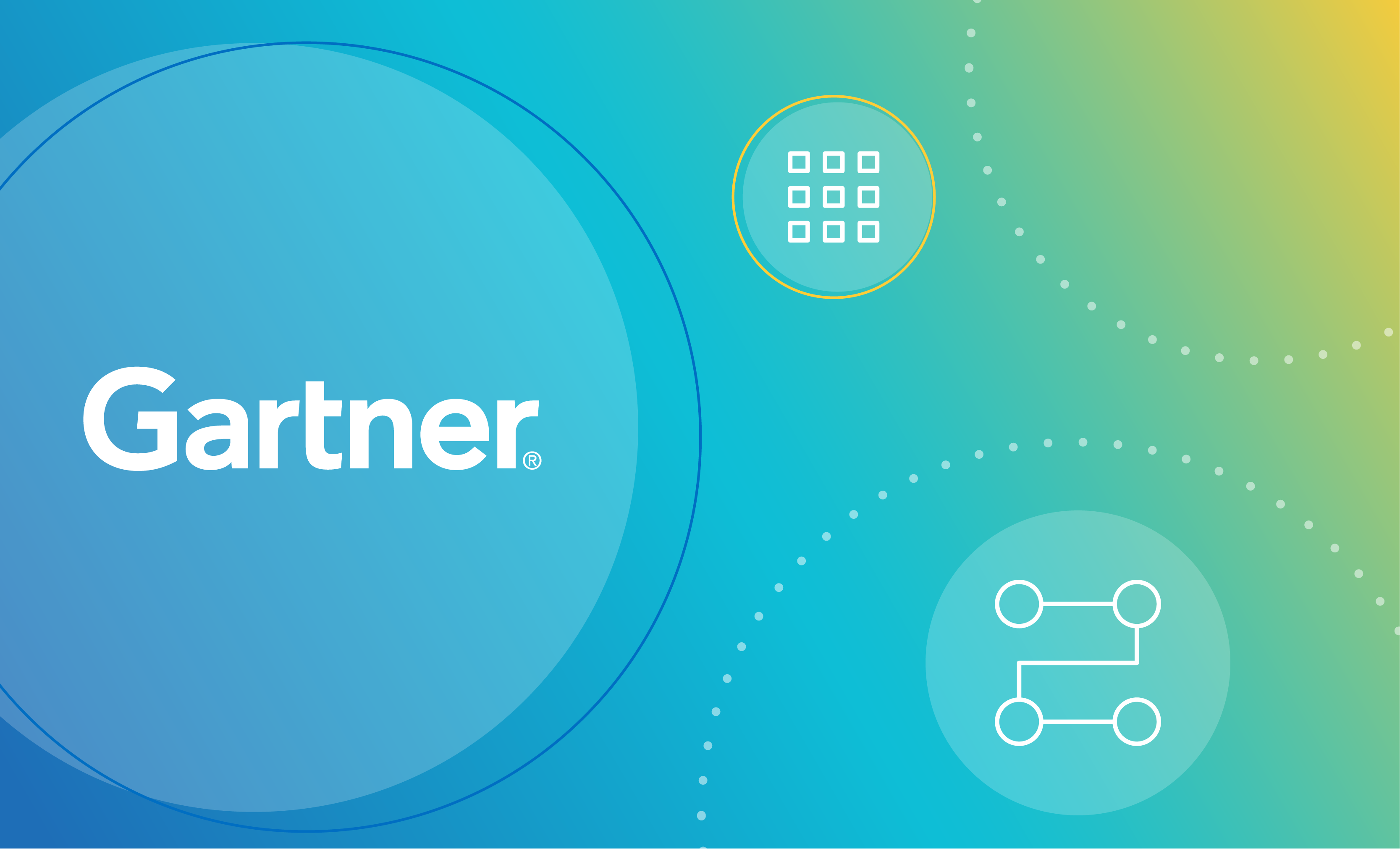A successful data governance program must align with the business’ strategic goals and have the ability to operationalize processes, people and technology to deliver outcomes. A repeatable operational process is important to help the program continuously improve with each iteration.
Why keep reinventing the wheel and repeating the same mistakes when one can make the wheel better and bigger, ensuring trusted data that allows the business to innovate?
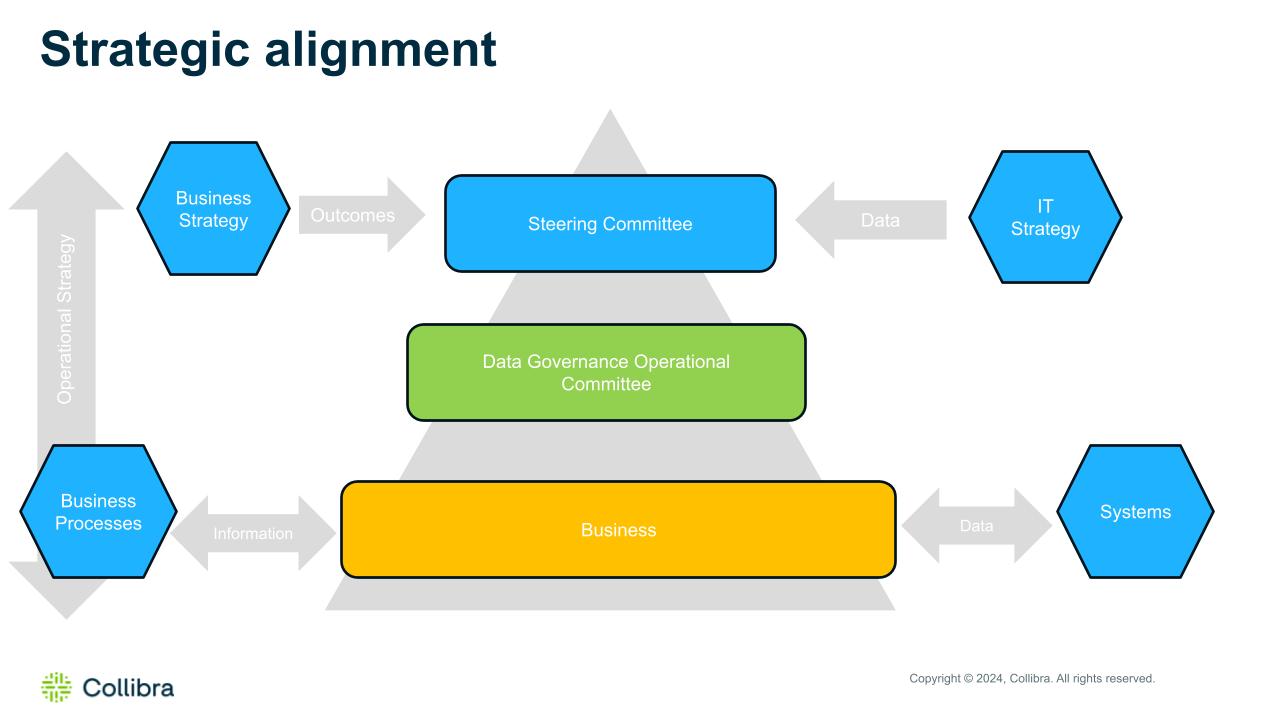
Four steps to building a successful data governance program
In this blog, you will find references to interdisciplinary principles of program management, the Data Management Association (DAMA), and Agile Scrum that I have leveraged to build successful data programs.
Steering committee / sponsorship
Programs fail due to the lack of executive sponsor(s) at the right organizational hierarchy level to drive decision making and advocate for the success of the program. It is critical for the executive sponsor(s) to be part of the steering committee.
A steering committee is made of cross-functional business leaders and IT leaders that have the ability to make decisions in their area of responsibilities and are accountable or responsible for meeting the organizational strategic goals.
Time commitment from executives can be difficult to schedule. Frequency of meetings can be monthly, quarterly, etc. depending on the level of the sponsors. Often Senior Leadership Teams (SLT) will have recurring meetings where you can give status updates. Operationalizing data governance decisions will increase the commitment and success of the program.
I will often schedule recurring 1:1 meetings with sponsors and steering committees on a monthly or quarterly basis to exchange information, to understand what business strategies are important to them and how the program can assist them with their goals. Especially before a group meeting requiring approval to a decision, it is important to come to the 1-1 meetings with a strategic agenda to answer questions and address concerns. These meetings will reveal potential roadblocks that need to be addressed before the group meets. It is also important to be flexible and carve out time to listen.
Pro tip: In the steering committee meetings, be very specific on what decisions need to be made or approved by the end of the meeting.
Output from steering committee: An approved Charter Agreement outlining DGC mission statement and operations.
Operational committee
A productive operational team requires a program leader who is curious to learn about both technology and data. They need to not be afraid of failure, and can communicate, negotiate and influence with all levels of the organization. They also need to have lots of persistence; as this individual will need to know how to apply change management principles to drive change and adoption.
Driving change and adoption can sometimes feel like pushing a boulder up the hill and watching it roll back down half of the way; the next day, try again. Incrementally with time, the boulder will make it up the hill. Learn to celebrate the small wins along the way.
The program manager will be accountable and responsible for managing the Operational Committee and communicating roadmaps, vision, etc. up to the steering committee for approval.
The operational committee team members should come from across the business units and IT such as, Business Steward/Data Analyst from critical business units, Collibra Solution Architect, Collibra Workflow Developer, Data Engineer/Architect, Business Intelligence Engineer, Data Science, and Data Security/Privacy.
It is important for this group to identify and follow a delivery framework, such as Agile Scrum as shown in diagram below, to manage the life cycle of the use cases. The framework will define the processes for meetings to track progress, remove roadblocks and plan.
Output from the operational committee:
1) Create data policies and standards
2) Develop use cases and user stories
3) Assist the program manager in planning creating a roadmap
4) Implement the use cases
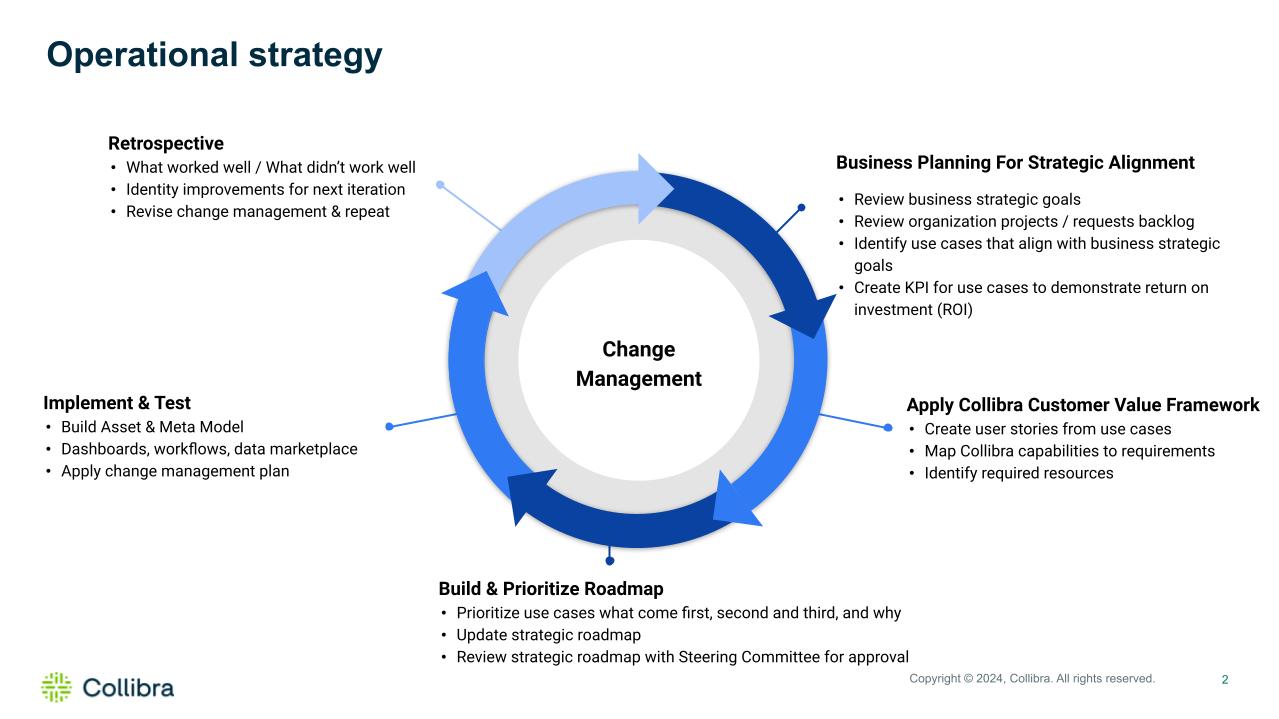
Business owners
The primary goal of the business is to help define the functional and technical requirements for the use case to solve the business’ pain points and problems. Business collaboration and buy-in is the foundation that will drive user adoption and return on investment (ROI) for the data governance program.

Change management
Change management often gets overlooked in projects and programs. Project management processes get tasks done. Change management processes drive adoption and the ROI for the data governance program and software.
There are plenty of change management frameworks to choose from, all provide the same outcome. My go to change management framework is ADKAR by PROSCI; I find the framework prescriptive and easy to use.

How to implement a successful data governance program with Collibra
As a consultant in Professional Service at Collibra, I have worked with customers at all levels of maturity. Some customers have all strategic alignments in place, and after being on board with Collibra Data Intelligence Platform and completing the Rapid Start implementation, they are off and running. A few months down the line, they will also look for additional add-ons such as AI Governance, Data Quality, etc. In this case, the Professional Services, Residential Enterprise Architect program (REA) provides hands-on coaching of the software to quickly generate ROI and create business value.
We also have customers that start their data governance program journey with the purchase of Collibra. In these cases, the Residential Enterprise Architect program (REA), will work with the Customer Success Manager team to implement the Collibra Customer Value Framework and assist with adoption.
If you need assistance with any of the concepts discussed in this blog, please reach out to your customer success manager or Professional Services for coaching opportunities with Collibra Professional Service team or if you are new to Collibra take a self-guided product tour with us today!
